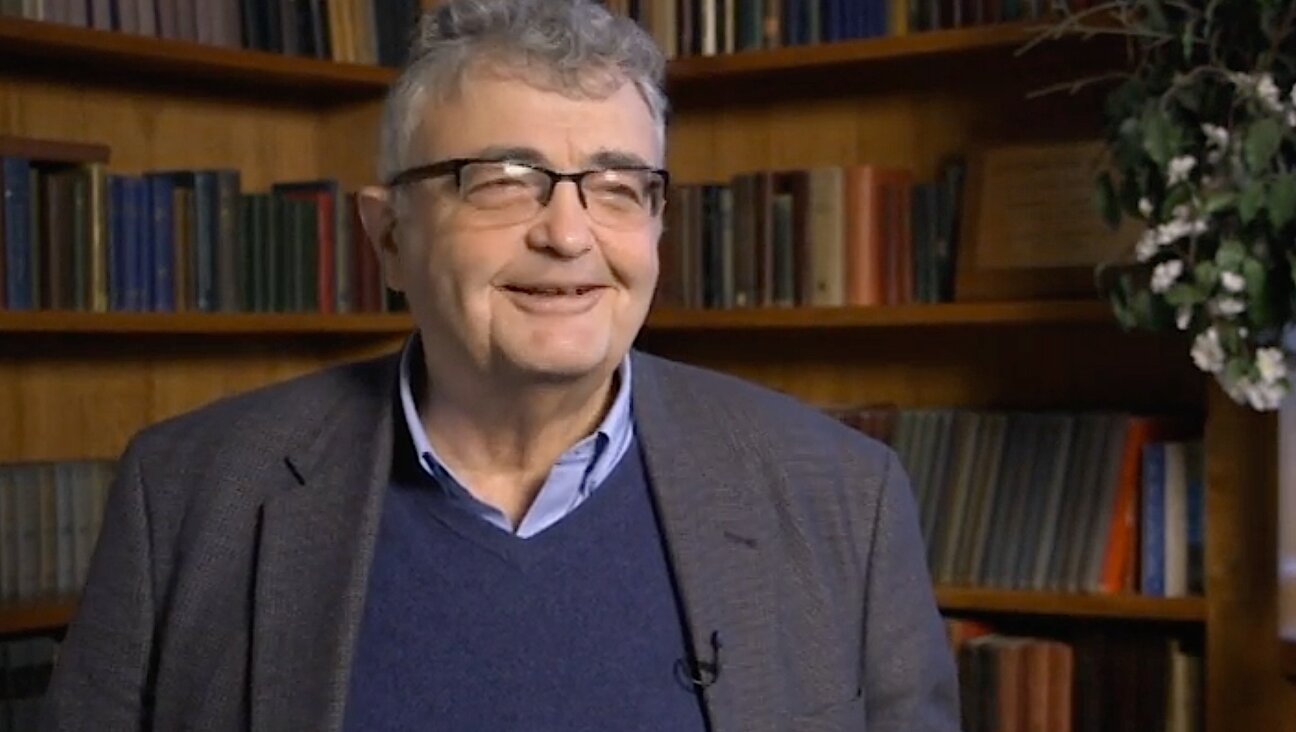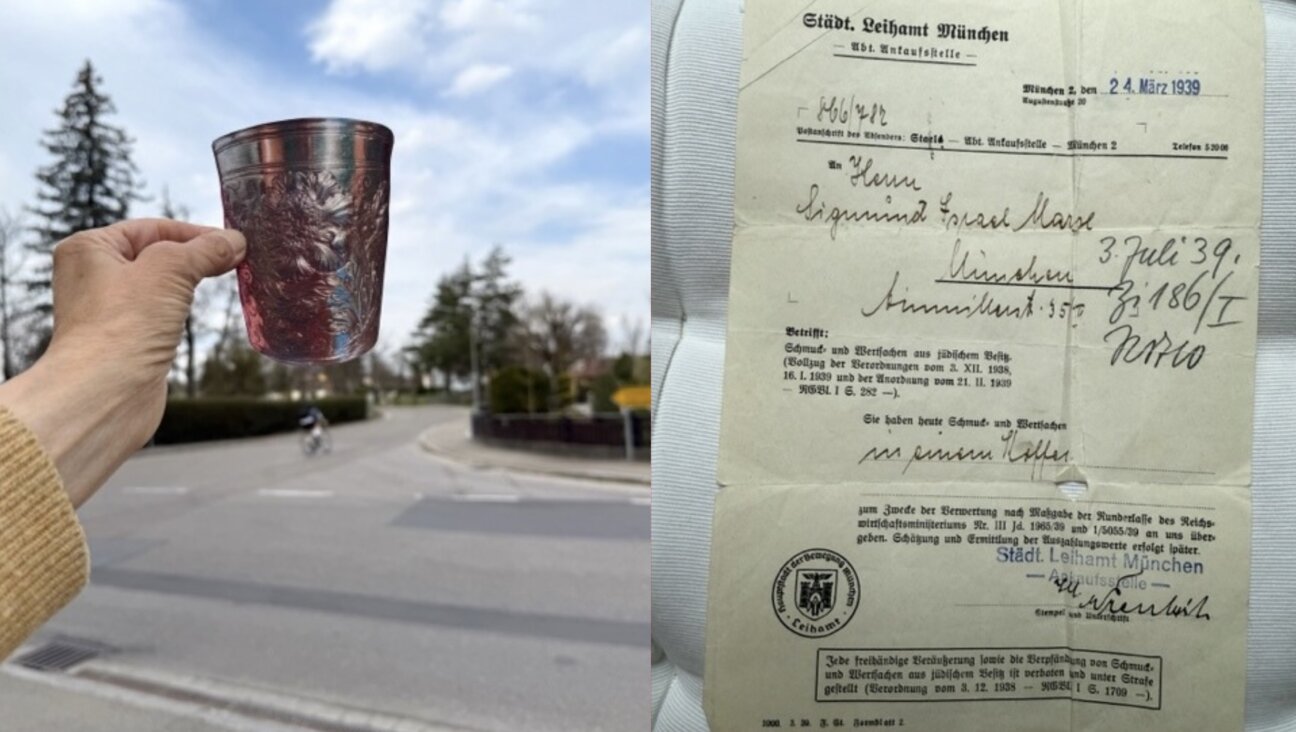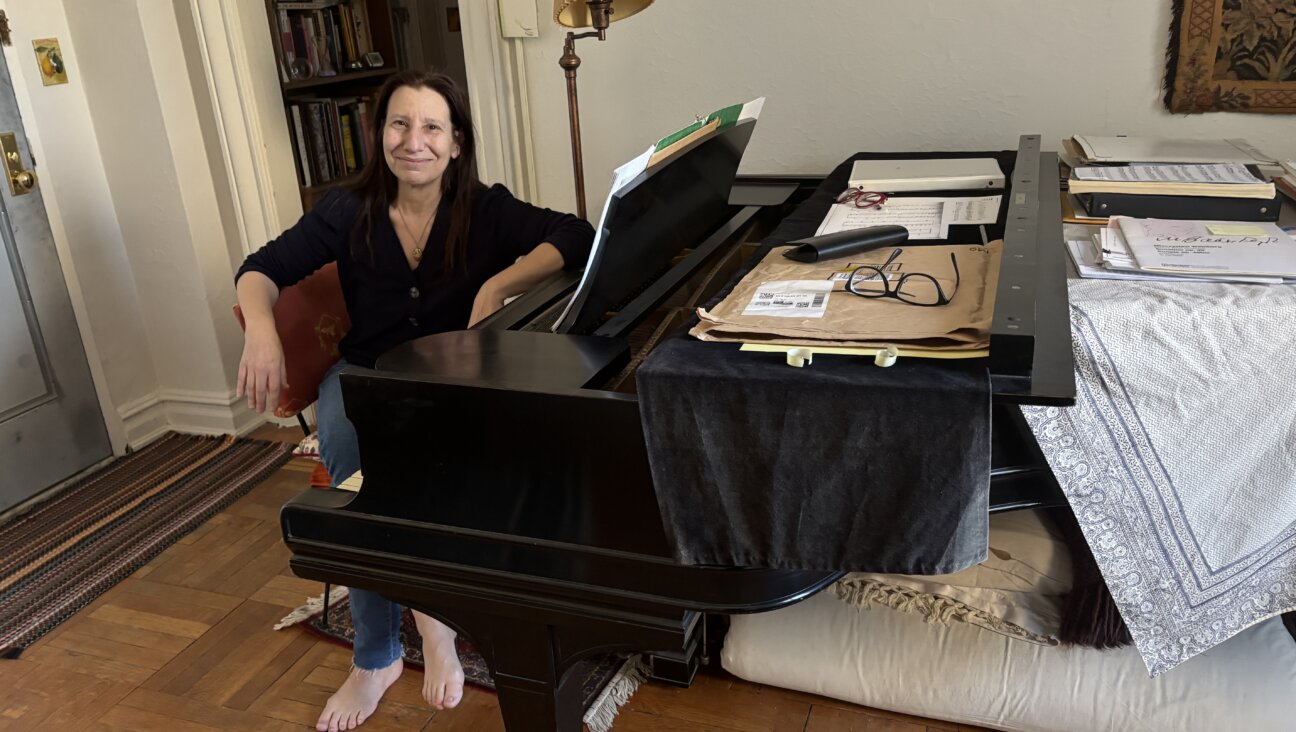Beat This
Doing 70
By Hettie Jones
Hanging Loose Press, 92 pages, $15.
It is hard to talk about Hettie Jones’s poetry without mentioning her biography. Born Hettie Cohen in 1934, brought up in a middle-class section of Queens, she decamped to Manhattan’s Greenwich Village in the mid-1950s. There she met and married the young black poet and soon-to-be playwright LeRoi Jones. In “How I Became Hettie Jones,” her remarkably level-headed 1990 memoir of that remarkably un-levelheaded period, Jones claims that she made this series of leaps because she was Jewish, although not in any conventional way. “As an outsider Jew I could have tried for white, aspired to the liberal intellectual, potentially conservative Western tradition,” she wrote. “But I was never drawn to that history and with so little to call my own, I felt free to choose.”
She chose New York’s Beat Bohemia and had quite a time. She became friends with poets (Allen Ginsberg and Frank O’Hara), with musicians (Ornette Coleman and Archie Shepp) and with painters (Franz Kline and Larry Rivers). As we know, this multi-hued downtown scene, so lovingly depicted in “How I Became Hettie Jones,” did not last. In the final analysis, it could not. The tensions of the early ’60s drove a thick racial wedge through the whole shebang — through her marriage as well as through a whole series of equally fragile alliances. LeRoi Jones became Amiri Baraka, but not before he left his wife and kids. And the rest, as they say, is history.
“How I Became Hettie Jones,” makes it clear that the complicated Beat paradise it describes was much more heavenly for the men than for the women. With a few exceptions, the guys were old-fashioned guys. They wrote, drank, smoked dope and screwed around, while their wives and girlfriends — all talented in their own right — earned the money and took care of the bills and looked after the kids. Occasionally they managed to screw around, as well, but only in their rare, free moments. The toll on their creativity was pretty high. While Hettie Jones did write a number of books for children and adults through the ’90s, she did not publish her first volume of poetry until she was over 60. She has made up for lost time “Doing 70” is her third in nine years. On the whole, Jones’s poems present fresh examples of a late ’50s/early ’60s aesthetic. To call them “Beat” does not do them justice, because they are happily devoid of the dated prophetic stances and the willful cuteness that you find in way too many works of the time. Nevertheless, she claims kin with the Beats. Her poetry mixes the everyday diction of William Carlos Williams with a capacious Zen openness. It tends to move swiftly from a concrete present to moments of glancing insight. Her poems usually start with mundane, very urban occurrences (getting towed, calling the plumber, meeting an acquaintance from the neighborhood in the street), only to end with expressions of unexpected joy.
Here is the end of “Genuflection to the Cable Guys From Time Warner,” which describes a rainy-day confrontation between two workmen who insist there is a cable box on the roof and an “undersized, overdressed/older white woman/in raveling fingerless gloves,” that is, the poet herself:
Genuflection in the house
to the cable guys
from Time Warnerwho find nothing on the roof
and are laughing coming down
the one who says, oh, you have a nice apartment
and the one who reaches to shake my half-gloved handsweet meeting, these bare, wet fingers.
The poem concludes with that lovely second of contact between Jones and the workers. she describes all this with such lightness, such good humor that even the most informed reader might miss what I take to be an echo of Ezra Pound’s “In a Station of the Metro.” But perhaps you don’t actually need to notice it, because Jones’s refusal of Pound is so complete. She rejects Pound’s urban anomie, however pretty it might be, and substitutes in its place the odd recognitions and connections of city life.
This same insistence on human contact animates “Women in Black,” a brief account of a vigil in Beijing:
Patterns in the dust of
different kinds of shoe soles
black on black
we sway like grain, like the woman
beside me, the scar of the burning
she escapedWhen she turns to me,
smiling, the scar is a path, slick
in the gathering dark Half the world
is ours to take.
This poem is not the best in the collection (the title poem takes that prize), but it definitely shows Jones at her best. She moves with deceptive ease from perception to simile and then to flat declaration. Jones is also very deft in her treatment of what becomes the central figure of that poem, the scar that marks the woman beside her. That scar seems to signal some untold story of violence, but Jones lets it rest as a simple fact. She avoids the temptations of melodrama and opts instead for the hope and the wit of the final line. Not only is Jones apparently free of rancor, but she also is possessed of what might be the greatest of political virtues: solidarity. She is able to relate without having to identify, to love without having to consume. This is a great gift, and, coupled with her resolute optimism, it is worth the price of admission.
Needless to say, not all the poetry in “Doing 70” is as successful as this. It is very hard to find a consistent balance between relatively slight motivations and resonant conclusions, especially in anti-war poems. So the book is uneven and sometimes the endings don’t work. That doesn’t matter. The strength of Jones’s work does not really rest on its best lines or its aptest metaphors or its most fitting closures. Instead, the poems serve as models of emotional engagement. Tough and sexy, they remain committed to the upstart possibilities of the postmodern city. Jones lacks illusion, but she is not disillusioned. That is no small thing, and may well be one of the gifts of age. She is, in the end, a mensch. It is usually mere irrelevance or pure sentimentality to talk about a poet’s heart. With Hettie Jones, it becomes a form of praise.
David Kaufmann teaches literature at George Mason University.
The Forward is free to read, but it isn’t free to produce

I hope you appreciated this article. Before you go, I’d like to ask you to please support the Forward.
Now more than ever, American Jews need independent news they can trust, with reporting driven by truth, not ideology. We serve you, not any ideological agenda.
At a time when other newsrooms are closing or cutting back, the Forward has removed its paywall and invested additional resources to report on the ground from Israel and around the U.S. on the impact of the war, rising antisemitism and polarized discourse.
This is a great time to support independent Jewish journalism you rely on. Make a gift today!
— Rachel Fishman Feddersen, Publisher and CEO
Support our mission to tell the Jewish story fully and fairly.
Most Popular
- 1

Opinion The dangerous Nazi legend behind Trump’s ruthless grab for power
- 2

Culture Trump wants to honor Hannah Arendt in a ‘Garden of American Heroes.’ Is this a joke?
- 3

Opinion A Holocaust perpetrator was just celebrated on US soil. I think I know why no one objected.
- 4

Culture Did this Jewish literary titan have the right idea about Harry Potter and J.K. Rowling after all?
In Case You Missed It
-

Fast Forward Protesters clash in Crown Heights as Ben-Gvir visits Chabad headquarters
-

Yiddish ווידעאָ: היסטאָריקער שמואל קאַסאָוו דערציילט מעשׂיות פֿון זײַן משפּחה־געשיכטעVIDEO: Historian Samuel Kassow shares stories about his family history
דער ווידעאָ איז טשיקאַווע סײַ פֿאַרן אינהאַלט סײַ פֿאַר קאַסאָווס נאַטירלעכן ליטוויש־ייִדיש
-

Culture I have seen the future of America — in a pastrami sandwich in Queens
-

Culture Trump wants to honor Hannah Arendt in a ‘Garden of American Heroes.’ Is this a joke?
-
Shop the Forward Store
100% of profits support our journalism
Republish This Story
Please read before republishing
We’re happy to make this story available to republish for free, unless it originated with JTA, Haaretz or another publication (as indicated on the article) and as long as you follow our guidelines.
You must comply with the following:
- Credit the Forward
- Retain our pixel
- Preserve our canonical link in Google search
- Add a noindex tag in Google search
See our full guidelines for more information, and this guide for detail about canonical URLs.
To republish, copy the HTML by clicking on the yellow button to the right; it includes our tracking pixel, all paragraph styles and hyperlinks, the author byline and credit to the Forward. It does not include images; to avoid copyright violations, you must add them manually, following our guidelines. Please email us at [email protected], subject line “republish,” with any questions or to let us know what stories you’re picking up.













